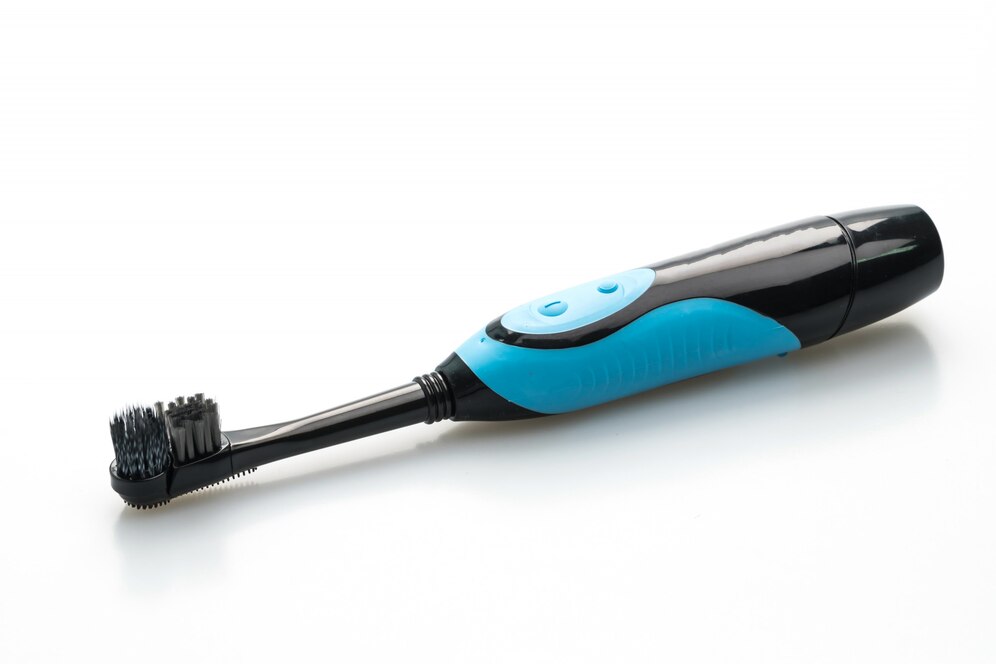The question of whether an electric toothbrush is more effective than a manual one is often raised among users who want to maintain optimal dental and gum health. Both types of toothbrushes have their respective advantages. However, their effectiveness in cleaning teeth can vary depending on factors such as brushing technique and the user’s oral health condition. To understand which is more effective, let’s review the pros and cons of each type of toothbrush.
Electric Toothbrush
Advantages:
- Effective in Plaque Removal: The automatic movement technology, such as rotation and vibration, allows for more thorough cleaning and better plaque reduction.
- Built-in Timer: Many electric toothbrushes come with a timer to ensure users brush for the recommended duration (two minutes).
- Easier for Those with Motor Limitations: The automatic movement is especially helpful for individuals who have difficulty controlling hand movements, such as the elderly or those with certain conditions.
- Ideal for Special Dental Needs: Perfect for those with braces or sensitive teeth, as it can reach areas that are difficult to access with a manual brush.
Disadvantages:
- Higher Cost: The initial price of an electric toothbrush tends to be higher than that of a manual toothbrush, and replacing the brush heads adds extra costs.
- Requires Charging or Batteries: Electric toothbrushes need a battery or charging, which can be less convenient while traveling.
- May Be Too Strong for Sensitive Gums: For some users, the vibrations of an electric toothbrush may feel too intense, causing discomfort to the gums or teeth.
Manual Toothbrush
Advantages:
- Affordable: Manual toothbrushes are more economical and easily accessible for all.
- Better Pressure Control: Users have full control over the pressure and speed while brushing, allowing for adjustments based on tooth and gum sensitivity.
- Variety of Shapes and Sizes: Available in various head sizes, bristle softness, and shapes, making it easy to tailor to personal preferences.
- Practical and Easy to Carry: Does not require power or batteries, making it convenient to carry while traveling without the need for charging.
Disadvantages:
- Effectiveness Depends on Brushing Technique: Without proper technique, a manual brush may be less effective at removing plaque, and hard-to-reach areas may be missed.
- No Built-in Timer: Users must time themselves, which increases the risk of brushing too briefly or for too long.
- Less Ideal for Those with Limited Mobility: Requires more motor control of the hands and wrists, which may be challenging for some people.
Both types of toothbrushes can maintain dental health when used properly. Ultimately, the choice depends on the user's needs and personal preferences. Understanding the best choice between an electric and manual toothbrush contributes to achieving SDG Goal 3, which focuses on ensuring health and well-being for all ages. It also supports SDG Goal 4, Quality Education. Providing accurate information and health education about the use of effective dental care tools is an integral part of quality education.
Author : Rizky B. Hendrawan | Photo : Freepik

